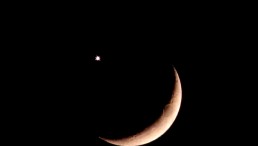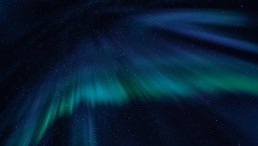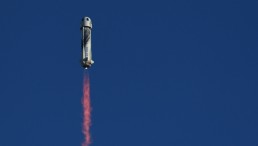Brian Wu
Greenland's Massive Ice Sheets Reveal New Lakes Below
Navy Launches New Communications Satellite
New Island Created By Volcano in Tonga
Follow-Up on the Alien Radio Transmissions and What they Could Mean for Researchers? Finding Stellar remnants far after the blast
Sitting Kills, Even if You Exercise
Dust on the Ocean Floor Reveals Ancient Supernova
First Newborn Transplant Proves Successful in UK: What Were the Risks?
Through Time and Stone--X-Rays Help Solve 2,000 year old mystery from Mt. Vesuvius
Stress Could Be Why We Don’t Empathize
Tools Could Be the Topic for First Ever Conversations
Fertilizers Pose a Threat to the Future of Our Planet
Dwarf Planet Ceres Approached by Dawn
How Obama Plans to Revolutionize the Internet—State of the Union Address
Planets Outside Our Solar System May Be More Hospitable to Life Than Originally Believed
Most Popular

Alien Approaches US Military Convoy To Ask for Spare Part and Refuses To Seek Help at Area 51, UFO Whistleblower Claims

4 Normal Signs To Witness When a Person Is Dying From Natural Causes; Three Words Most People Utter Before They Die

Human Brain Tissue Survives Freezing; Neurons Revived Without Damage and New Technique Could Potentially Work in Cryonics

James Webb Space Telescope Finds Most Distant Pair of Colliding Black Holes, Raising Questions Regarding Theories of Cosmology





